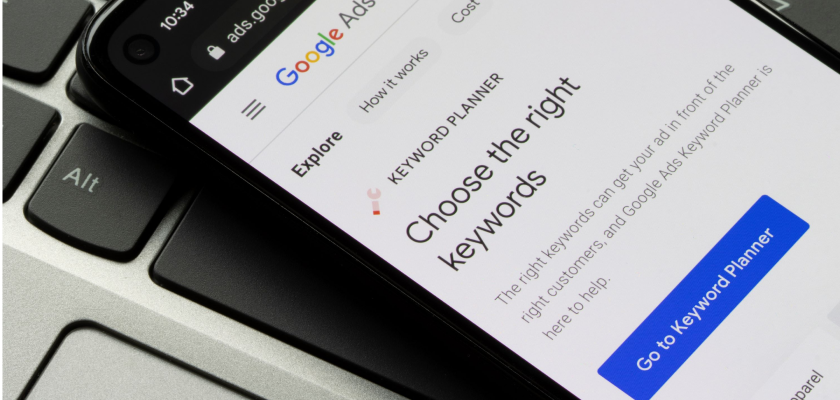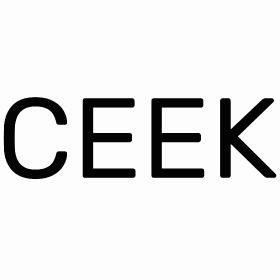
How Will Redundant Keywords Update Affect Your Google Ads Budget?
In search advertising, redundant keywords are a common problem that can affect the performance of your campaigns and lead to wasted expenses.
That’s because if your ad shows for several similar keywords, it could compete with itself and cannibalize clicks. As a business owner who seeks to make more sales with digital marketing, it’s essential to avoid this clustering of clicks and focus on keywords that are more specific to your business.
It’s clear why Google’s redundant keywords update will add an element of complexity to the world of search advertising. However, this is a good thing, as the update is designed to improve your advertising campaigns by targeting the right people with the correct information. In addition to making your campaigns more efficient, the update was necessary to reduce spending on irrelevant clicks.
The Overview: Redundant Keywords Update And Google Ads Budget
Google designed the redundant keywords update to provide them with more accurate data on what search terms are searched for on the internet. This update will help Google hone its algorithm and improve the overall relevance of your ads. In addition to the redundancy update, Google has previously announced changes to its budgeting system, including advertisers spending twice their daily budgets on each campaign and ad group.
Although these updates have caused some concerns among advertisers, they’re well worth it when you consider how this can cut down on irrelevant clicks to your marketing goals or even eliminate them. Google has also found that when you run a campaign for multiple keywords, it can be challenging to optimize performance. That’s because the keywords are too similar and compete with each other in ad rank.
Google’s search engine is clever, so they made this update to improve the quality of search results by reducing redundant keyword matching across different campaigns. For example, if you have two ads containing the keyword ‘Basketball Shoes,’ Google will now only show one ad for each campaign. Google will suppress the other ad because these are similar keywords.
How Redundant Keywords Updates Affect Your Google Ads Budget
You can benefit from the expertise of an experienced pay-per-click (PPC) consultant like Claire Jarrett, who will help you generate leads by targeting your ads against keywords related to your products.
However, you can still do this on your own. Here’s how the redundant keyword update affects your Google Ads budget:
1. Advertising Your Business More Effectively
When you target the right keywords without redundancy, Google will show your ads to people searching for the same keyword or related terms and your business more effectively. You can reach new customers, increase customer engagement and boost your conversion rate, resulting in more leads for your PPC campaigns than ever before and generating the desired results.
If you have ads displaying similar keywords, Google will likely quash them because they are considered redundant.
2. Avoiding Google Ads Penalty For Duplicate Keywords
If you have duplicate keywords in your Google Ads campaigns, avoiding the penalty is essential. This is because the search engine considers this an attempt to manipulate the system and trick its algorithm into showing your ads more often than they should be. If you haven’t done so, remove any redundant keywords from your ad groups by creating a negative list for each campaign.

You can also use this opportunity to add new keywords that are relevant and targeted to your business goals. Then, create new ad copies unique from existing ads, so there’s no chance of them being considered duplicates by Google.
3. Can Reduce Your Ad Spending
If you’re using Google AdWords for your business, then you know how important it is to manage your ad spending. There are some ways that you can reduce your costs and increase the effectiveness of your campaigns. For example, ensure your ad group negative keywords list is up-to-date and relevant to include no irrelevant keywords such as brand names, which could cost you money without generating leads.
In addition, if you’re using duplicate ad copies, it’ll decrease your click-through rate and increase your average cost per click. This is because Google’s algorithm won’t show your ads to users who may likely click on or convert to them. If they have seen these ads many times over, they will only be able to get a minimal return on investment from showing them again.
4. More Control Of Your Ads
The redundant keyword also updates will give you more control over your ads. You’ll be able to choose which keywords to add or remove from your campaigns and find the ones performing well for you. That way, you can focus your efforts on the keywords bringing in the most traffic and revenue.
For example, if you notice that a specific keyword performs well but has low relevance and high costs per click (CPC), it’s probably not worth keeping in your campaign. This is where the new keyword updates will help by allowing you to filter out these types of keywords from being displayed on Google Ads.
5. Improve Quality Scores
Google’s quality score is a factor that determines how much you’ll pay for your ad. Higher quality scores mean you’ll pay less per click for your keywords and vice versa. Quality score is calculated using various factors, such as landing page experience, ad relevance, and performance history. Having a good landing page experience with relevant ads that perform well on Google Ads will improve your quality score.
Redundant keyword updates will improve your quality score, which will help you get more clicks at lower costs per click. This allows Google to determine whether your ads are likely to be clicked on. It also determines their value for users, i.e., how much they’ll spend on each click.
6. More Ad Exposure
With the redundant keyword update, there’ll be more ad exposure as competitors will use similar keywords for their ads. This will increase the number of ads that appear on Google for a particular search, which could increase competition for these terms. However, this doesn’t mean that you shouldn’t use them anymore. Make sure you’re bidding on other keywords so that your ads aren’t being outbid by others using similar keywords.
Of course, this will affect your Google ads budget because to rank higher in the search engine, you’ll have to spend more on the keyword CPC than what your competitors are willing to pay. While there’s no exact formula for determining how much your bid should be, it’s essential to keep in mind that if you set it too low and other advertisers outbid you for the same keyword, then Google will rank your ads lower in search results.
Conclusion
While many different factors can affect how much you pay for your Google ads, it’s important to remember that, in the end, it all comes down to your strategy. Make sure you’re bidding on keywords relevant to what you’re selling, and monitor your campaigns so that they don’t cost more than they should.
This article discusses essential tips and how you can optimize your Google Ads campaigns to get the most out of your money.

























